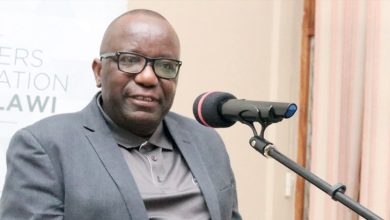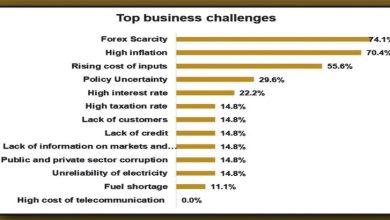Malawi-Born Professor Elected Fellow of UK’s Academy of Medical Sciences
Professor Moffat Nyirenda, a globally recognised Diabetologist and Endocrinologist, has been elected as a Fellow of the prestigious Academy of Medical Sciences in the United Kingdom, marking a major milestone in his illustrious career.
Currently based at the London School of Hygiene and Tropical Medicine (LSHTM), Professor Nyirenda also serves as Director of the MRC/UVRI & LSHTM Uganda Research Unit. His election as a Fellow reflects his outstanding contributions to medical research, particularly in non-communicable diseases (NCDs) such as diabetes, obesity, and hypertension.

Born and raised in Malawi, Nyirenda’s academic journey began at Chaminade Secondary School and Kamuzu Academy, culminating in his graduation as one of the first cohorts from Malawi’s College of Medicine through a joint programme with University College London. He later earned a Medical Research Council (MRC) Clinician Scientist Fellowship at the University of Edinburgh.
Professor Nyirenda returned to Malawi in 2010 to strengthen health research efforts at the College of Medicine and the Malawi-Liverpool-Wellcome Trust Clinical Research Programme. He later became Director of the Malawi Epidemiology and Intervention Research Unit before moving to Uganda in 2013 to lead NCD research. In 2024, he was appointed Director of the MRC/UVRI & LSHTM Uganda Research Unit.
His research focuses on the early-life environmental and infectious factors contributing to the development of chronic illnesses. He is also a passionate advocate for health research capacity building in Africa and serves on several global advisory panels, including those for the World Health Organization and the Lancet Commission.
Reacting to the honour, Professor Nyirenda said: “Being elected as a Fellow of the Academy of Medical Sciences is an immense honour and a deeply meaningful milestone. It reflects the power of collaborative research and the importance of understanding how African-specific risk factors like undernutrition and infections contribute to disease development.”
His recognition as a Fellow highlights his leadership in bridging global health gaps and inspiring a new generation of African scientists.





